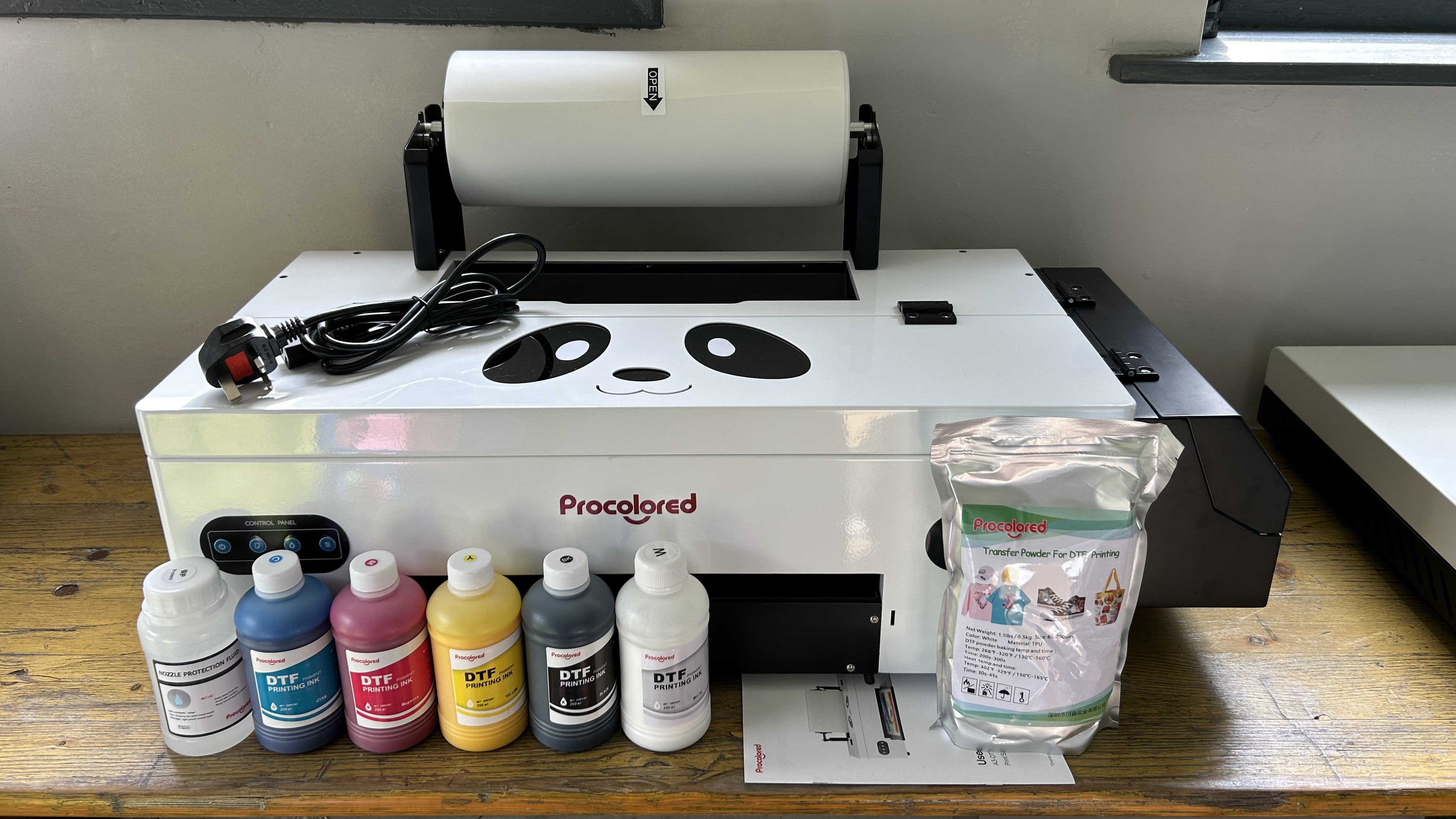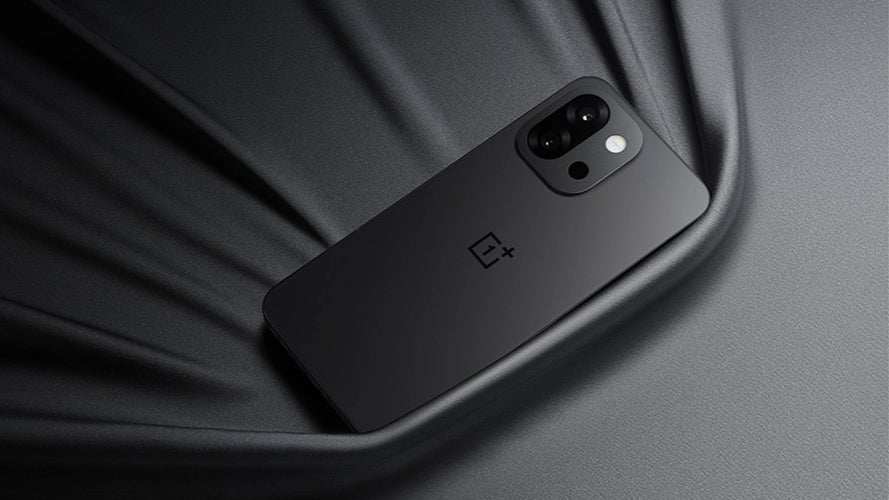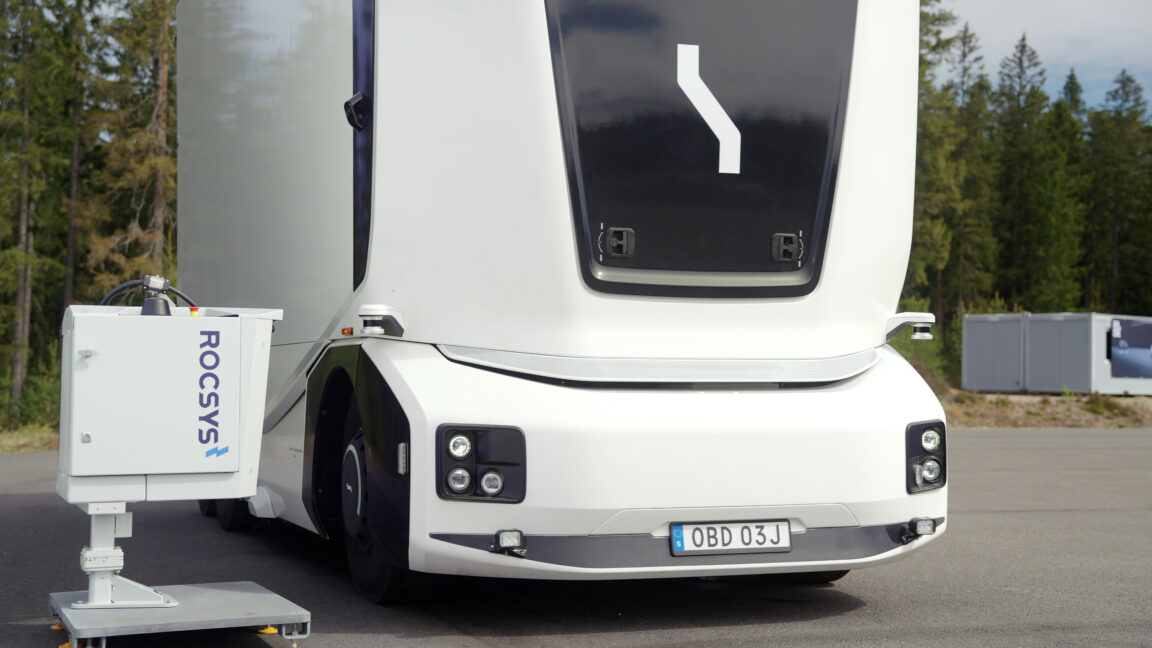India’s answer to Mobileye? This startup builds brains of robots and drones
Smarter and self-sufficient, Rebhu Computing’s edge AI is powering the future of autonomous systems.


What if the intelligence that guides autonomous machines, from warehouse robots to GPS-guided drones, came not from the cloud, but from within the devices themselves? , a Delhi-NCR–based startup is building such edge-first intelligence for the next generation of autonomous systems.
Rebhu Computing, founded in 2021, began as an idea when CEO Chintan Mishra started exploring edge computing during his time at IIT Dhanbad. He later teamed up with Dr Shubham Sharma, now the company’s CTO, who holds a PhD in Geophysics and Seismology from the University of Potsdam.
“The idea came from a very simple insight. The world was becoming more digitised, and physical systems were going online. But they still lacked intelligence,” Mishra says. “I realised the future of robotics and autonomy wasn’t in centralised, bulky infrastructure—but in edge-first thinking.”
Rebhu Computing is building compact, edge-AI chipsets and software systems for robots, drones, and autonomous vehicles. Its systems are designed to enable tech automation, such as GPS-denied drone navigation, autonomous agricultural machines, and indoor navigation bots in industrial facilities.
The products
At the core of Rebhu’s offering are two products: AutonomySi, a hardware AI chipset, and VNTK, a software toolkit for visual navigation. But rather than positioning them as standalone tools, Mishra and his team have employed an integrated brain-and-body model.
The edge AI chipset handles computation on the device itself, enabling vision-based navigation, object detection, and decision-making without relying on cloud connectivity. The product uses TI’s ASIL-D certified TDA4VM processor with hardware-accelerated cores to deliver real-time inference, enabling obstacle navigation, GPS-denied drone operations, and autonomous target strikes.
“This chip is our response to the inefficiencies we saw in the market,” Mishra says. “Others need 1,000 or 2,000 layers in their neural networks; we deliver the same performance with just 35. That’s a 40X reduction in layers, meaning faster, lighter, and more efficient processing.”
Rebhu’s software solution is VNTK, the Visual Navigation Toolkit designed to give machines a deeper, human-like understanding of their surroundings. It delivers layered perception, motion tracking, object recognition, and real-time path planning, all inspired by the brain’s feedback loop.
“Everything we do is inspired by how humans perceive and act,” Mishra says. “VNTK’s 3D perception system uses multiple camera feeds to estimate depth and map environments—offering a reliable, low-cost alternative to LiDAR and radar.”
The founder doesn’t just want to build typical smart machines but those that don’t need to ask for help. “Most companies in autonomous navigation rely on very heavy computing,” Mishra says. “But if you’re building something that sits inside a car or drone, you can’t depend on a server in the cloud. You need to make intelligence small enough to fit in your hand, and smart enough to act on its own.”
Applications and the way forward
The startup’s technology is already being used in defence and agricultural domains.
In defence, its systems enable drones to identify and strike targets without manual control, perform swarming operations, and navigate in night-time or GPS-denied environments. In warehouses, robots powered by Rebhu’s tech can follow human workers, avoiding collisions and finding optimal paths. In agriculture, its systems are being tested in autonomous farming vehicles. The startup is also in talks with manufacturers of golf carts deployed in airports to turn them into intelligent autonomous vehicles.
Rebhu’s first client, Bullwork Mobility, came on board after a consistent push to demonstrate performance in live use cases. Since then, over 22 companies have tested the startup’s systems; six are now repeat, paying clients, including Karman Drones and Bravecore.
Pricing for the full solution, which includes the chipset and software suite, starts at Rs 2 lakh and goes up to Rs 8 lakh, depending on the level of autonomy and complexity required.
A bootstrapped company with $30,000 in funds, Rebhu secured Rs 33.3 crore through the Startup India Seed Fund Scheme, which helped build its technology and team. “We are looking for investment, but we’re not in a rush. Our focus right now is building sustainable revenue streams and preparing for international expansion,” Mishra says.
Rebhu operates with a tight core team—12 full-time employees, six interns, and two consultants. But hiring and retaining talent has been the biggest hurdle. “What we do is rare,” Mishra admits. “Once someone gains the skills, they’re highly valuable in the market. As a bootstrapped company, offering competitive compensation is always tough.”
However, the team is growing, and the startup is preparing to partner with one of India’s largest land systems manufacturers in the defence sector. With clients in Mumbai, Pune, Bengaluru, and Hyderabad, the team sees itself increasingly serving national needs in critical areas like surveillance, mobility, and public infrastructure.
The competition in India includes players like Swayatt Robots and MinusZero, while international rivals include Sima AI and Mobileye. But Rebhu’s edge-first approach allows it to process faster, consume less power, and work in real-time scenarios that others struggle to manage.
However, according to a Skyquest report, the global market for autonomous navigation is projected to grow over $23.58 billion by 2032. Rebhu wants a piece of that pie—but on its own terms. The company is aiming to become a $3 million revenue business by 2029.
Edited by Kanishk Singh




















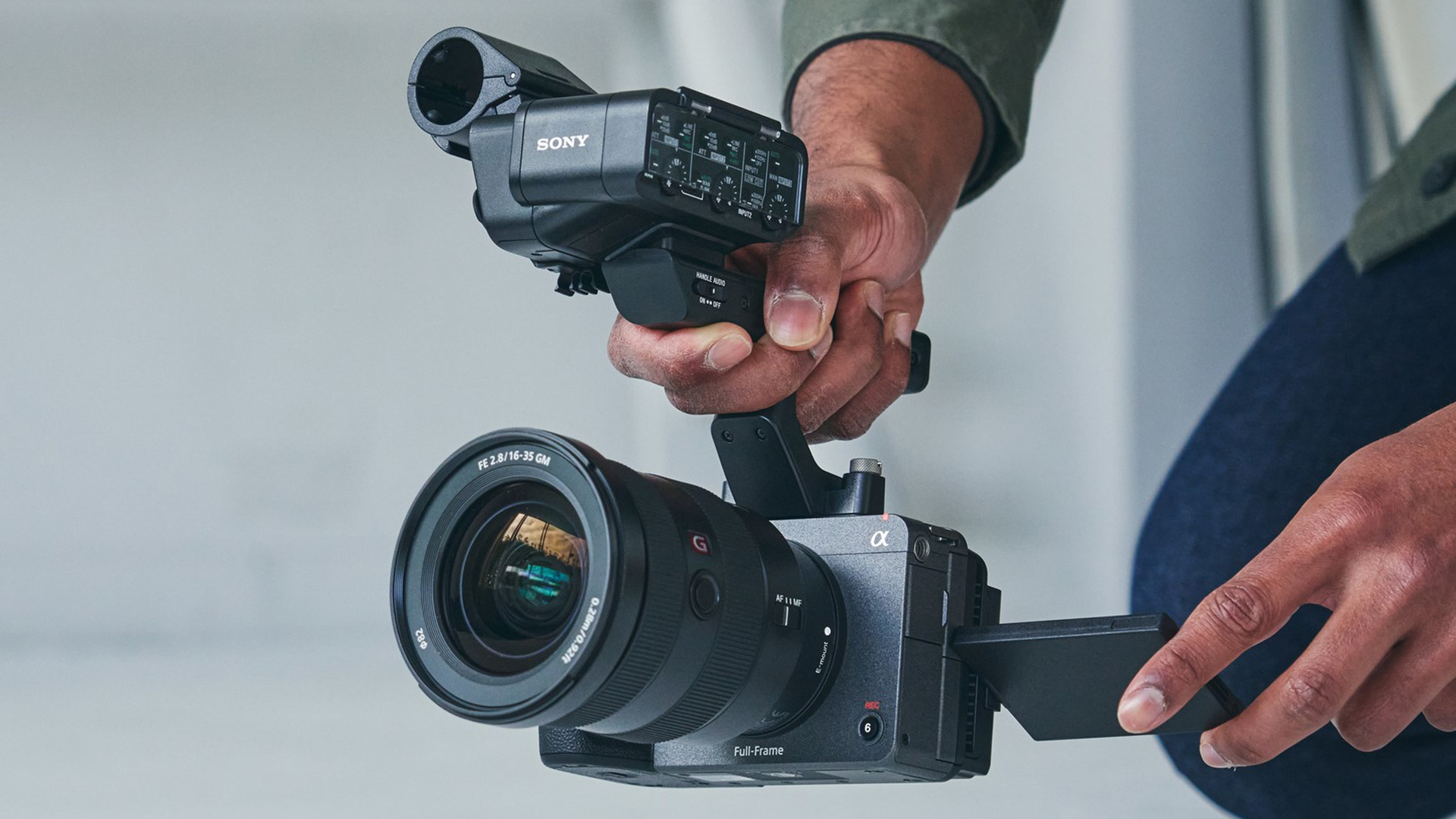

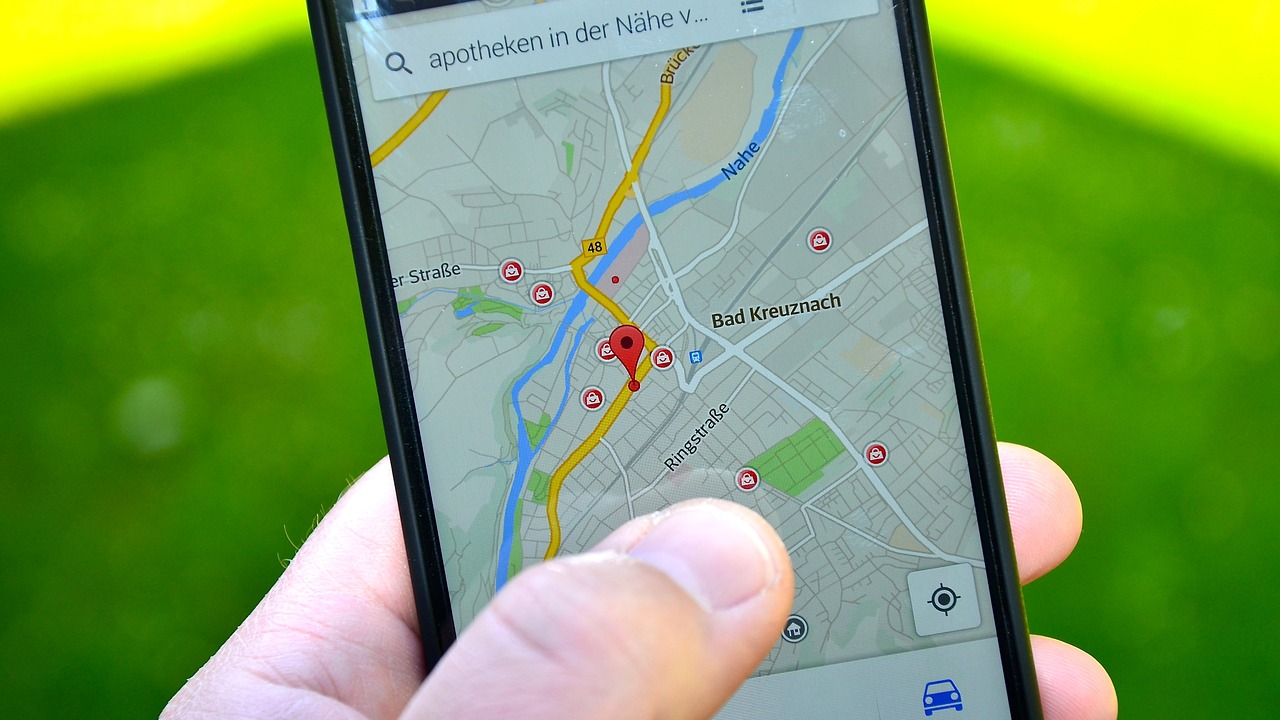







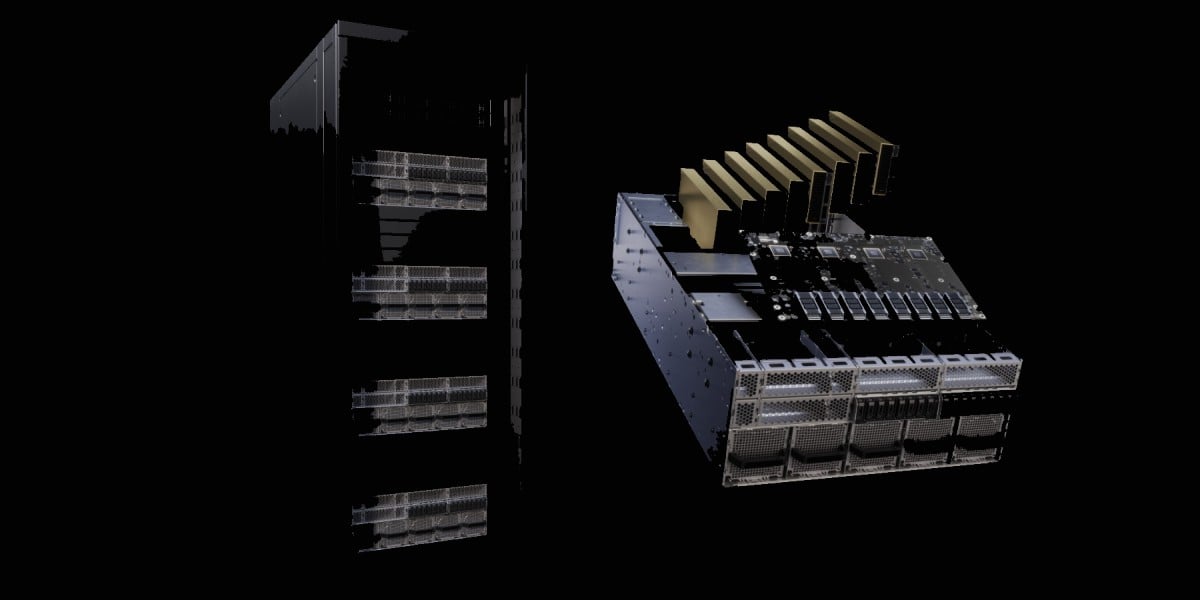















































































































































![[The AI Show Episode 146]: Rise of “AI-First” Companies, AI Job Disruption, GPT-4o Update Gets Rolled Back, How Big Consulting Firms Use AI, and Meta AI App](https://www.marketingaiinstitute.com/hubfs/ep%20146%20cover.png)

























































































































![[DEALS] The ChatGPT & AI Super Bundle (91% off) & Other Deals Up To 98% Off – Offers End Soon!](https://www.javacodegeeks.com/wp-content/uploads/2012/12/jcg-logo.jpg)

![How to make Developer Friends When You Don't Live in Silicon Valley, with Iraqi Engineer Code;Life [Podcast #172]](https://cdn.hashnode.com/res/hashnode/image/upload/v1747360508340/f07040cd-3eeb-443c-b4fb-370f6a4a14da.png?#)








































































































































































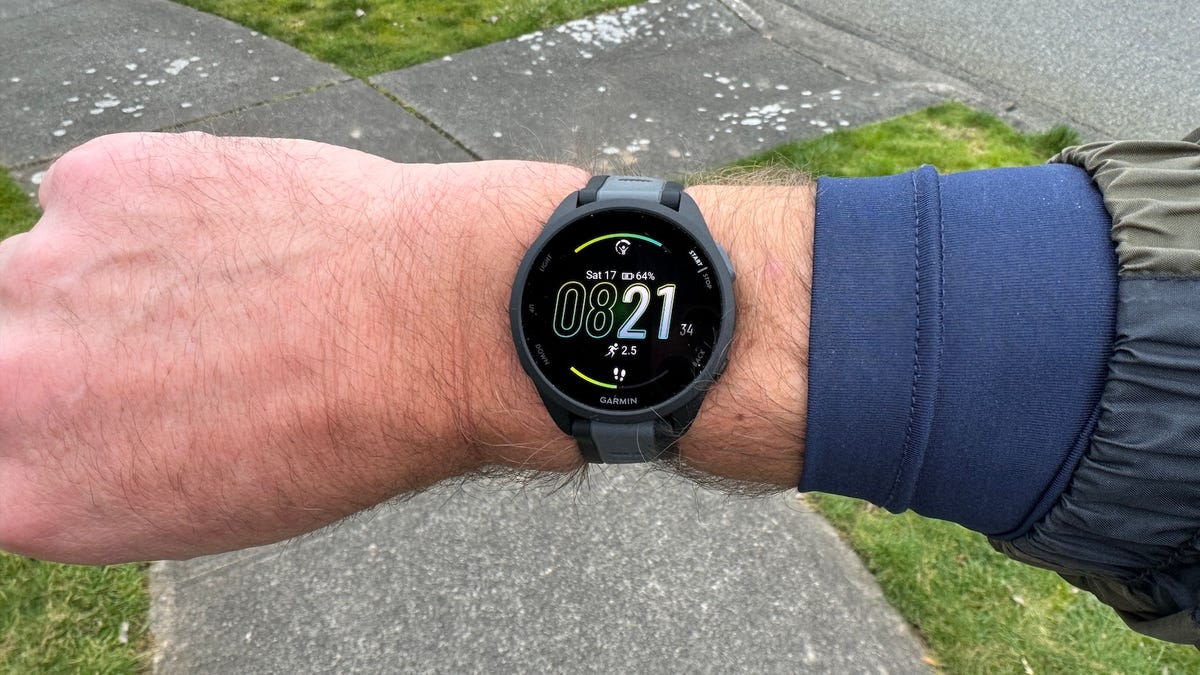








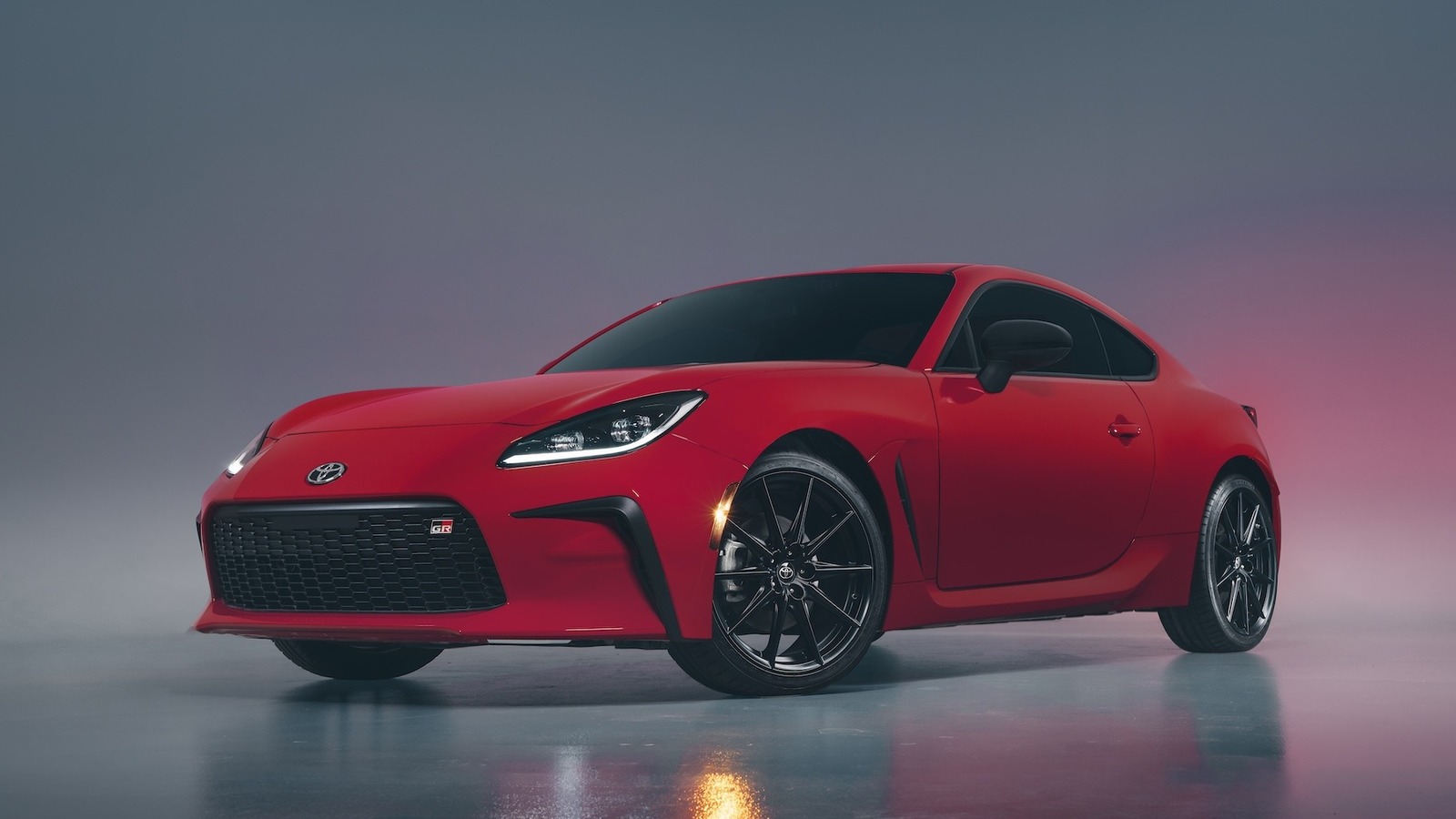

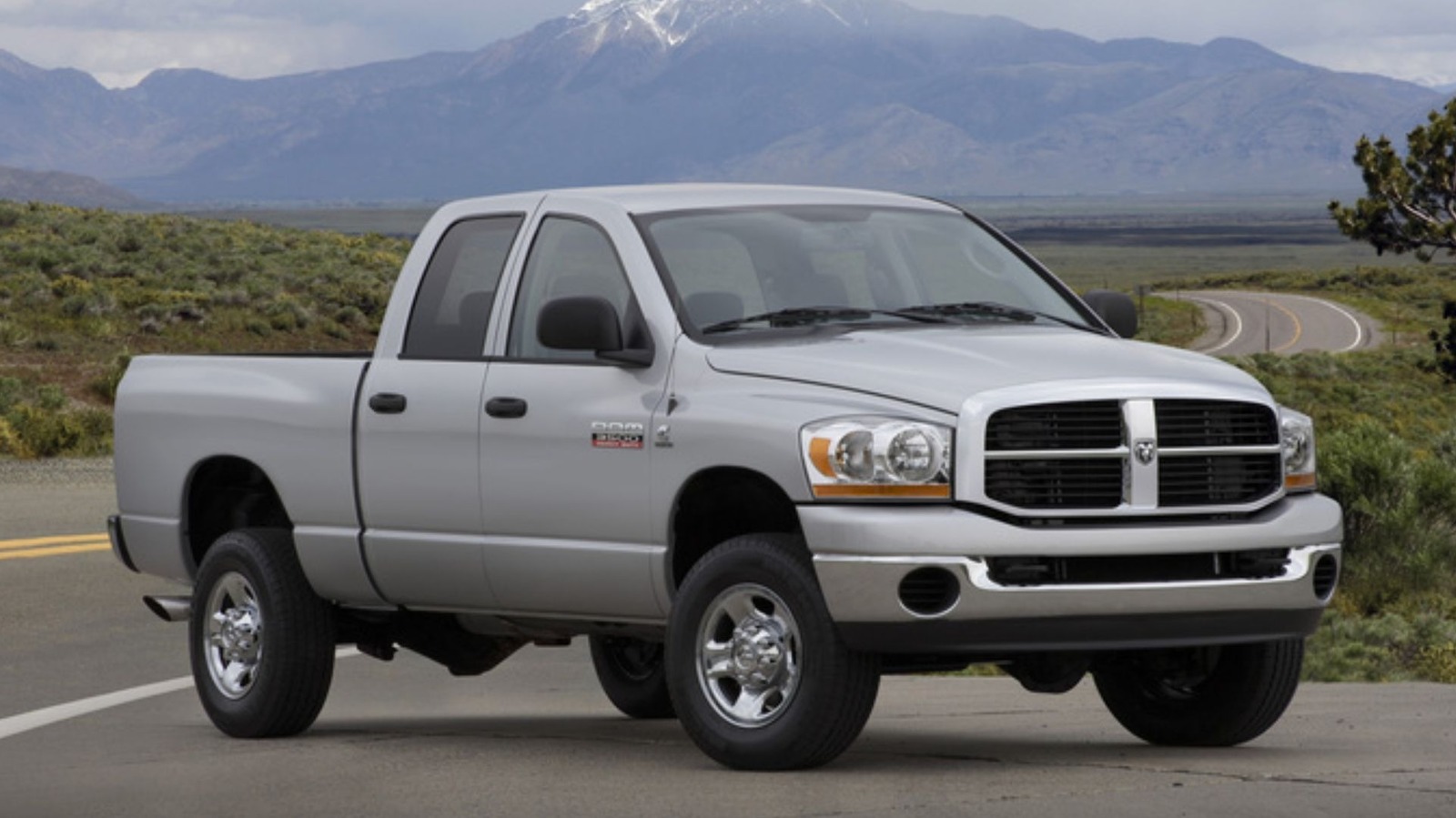






























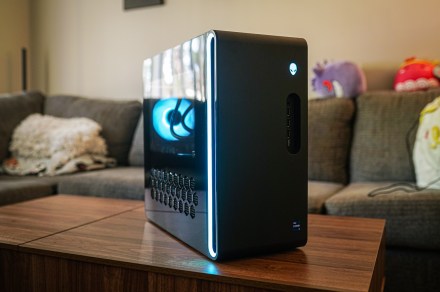









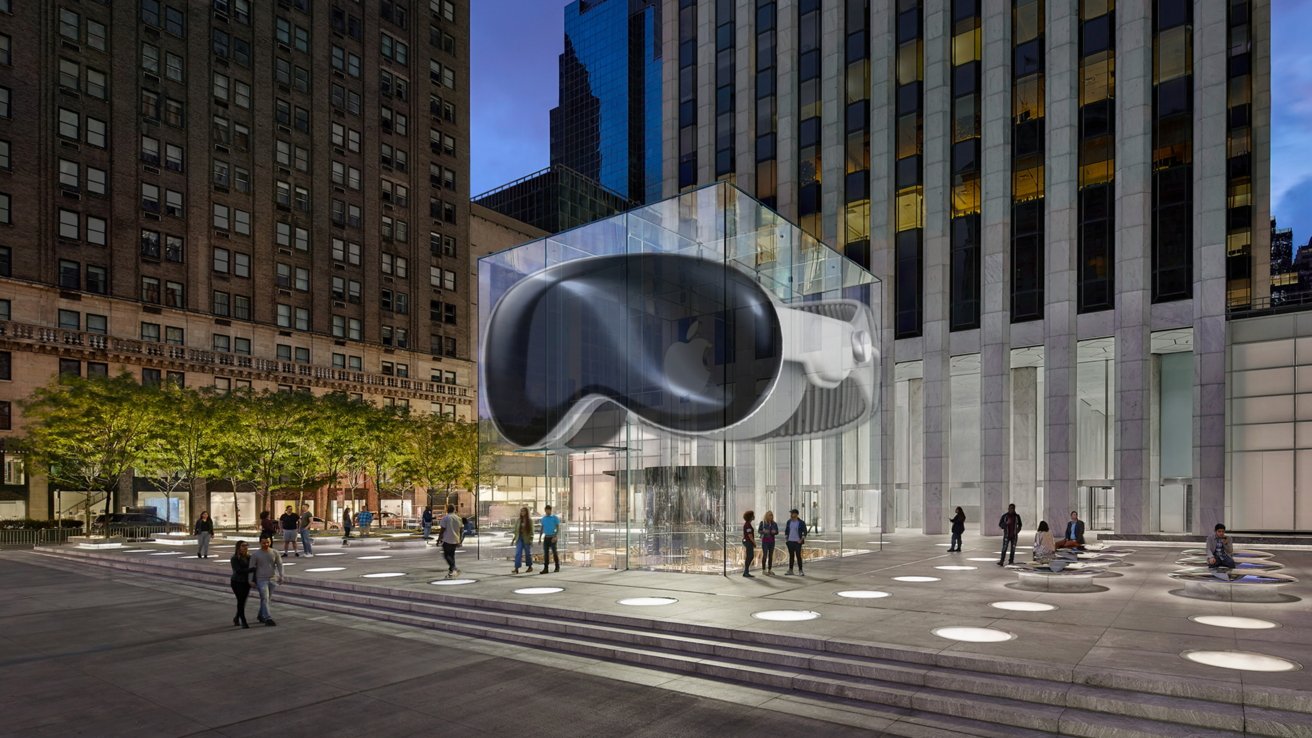
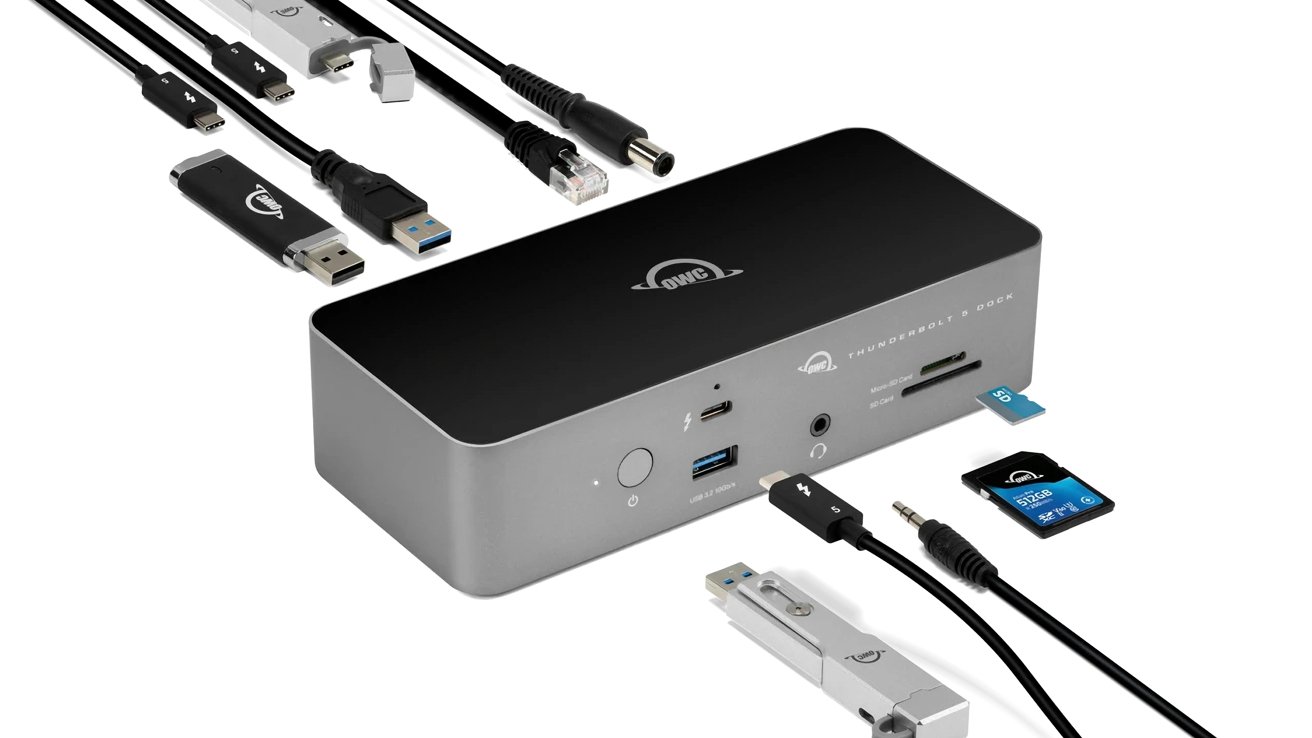
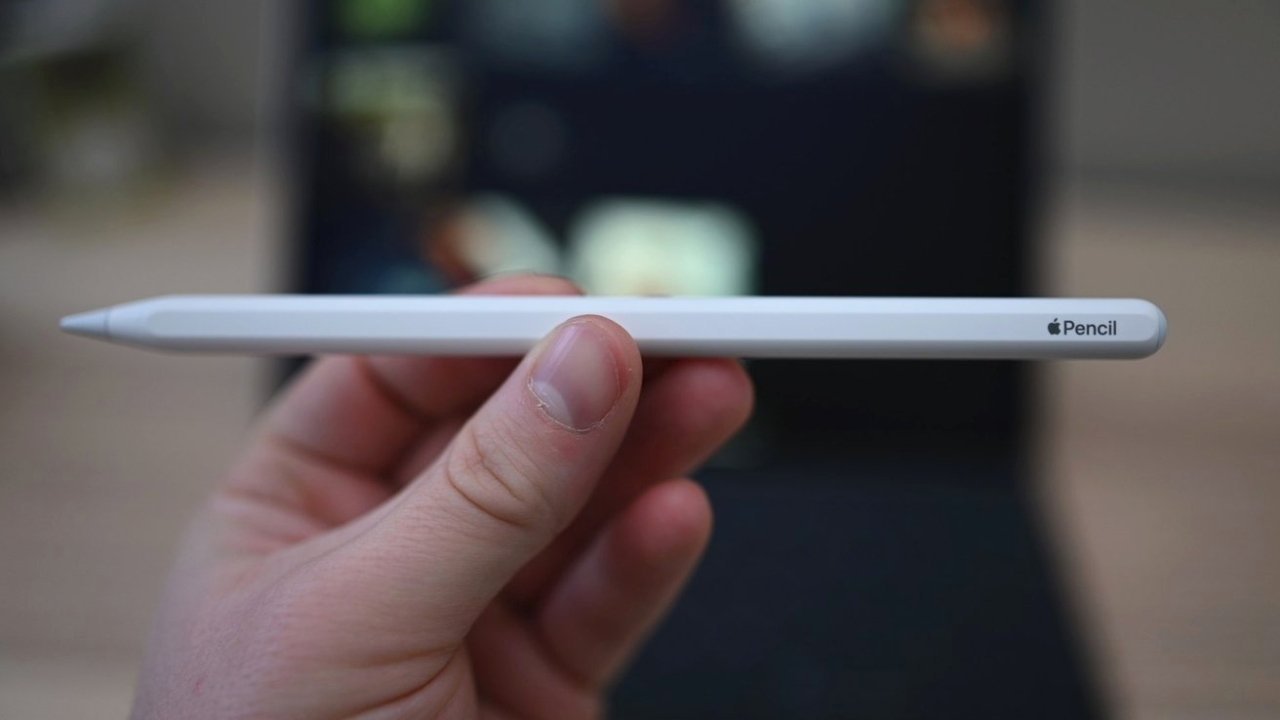

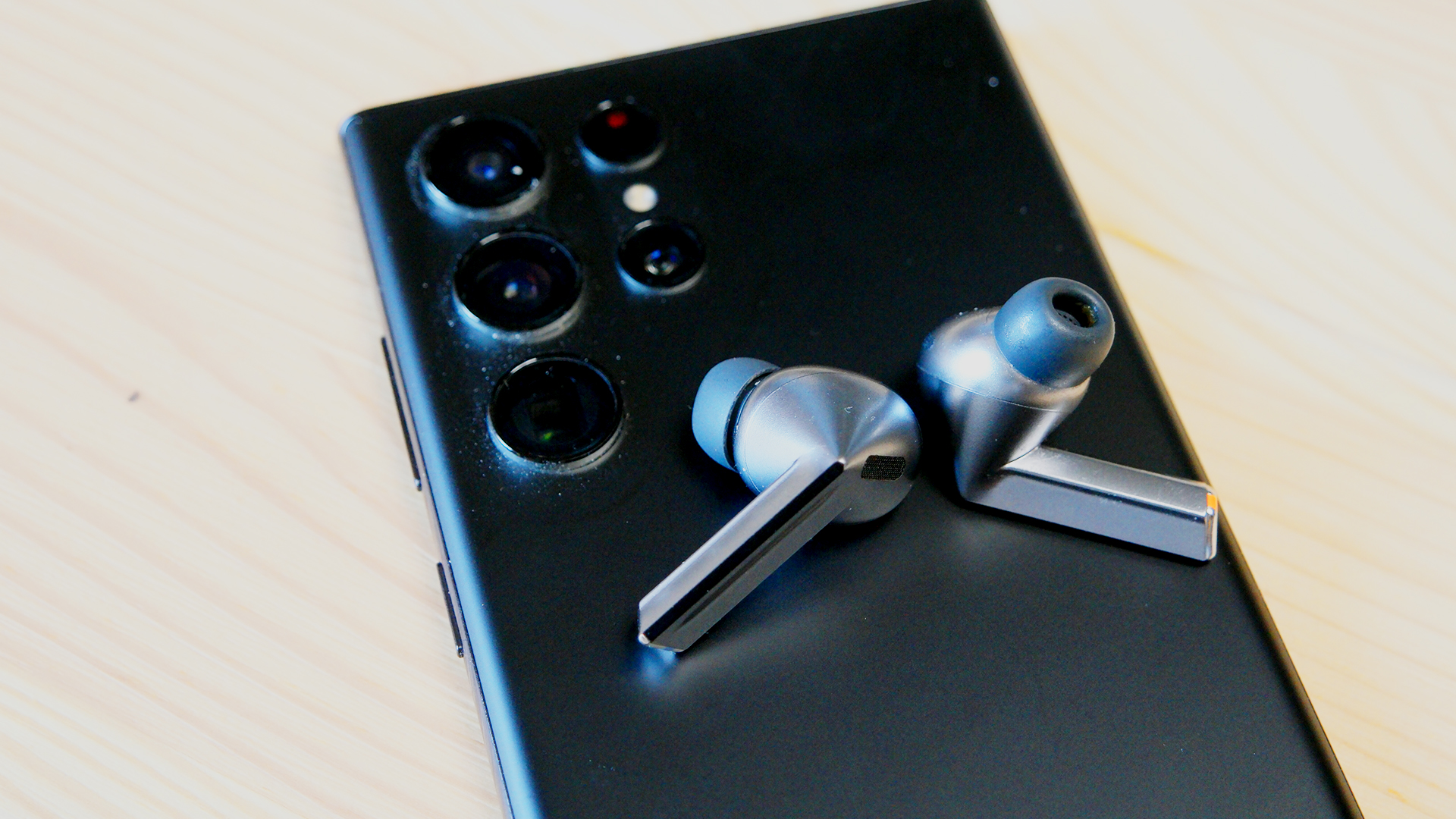
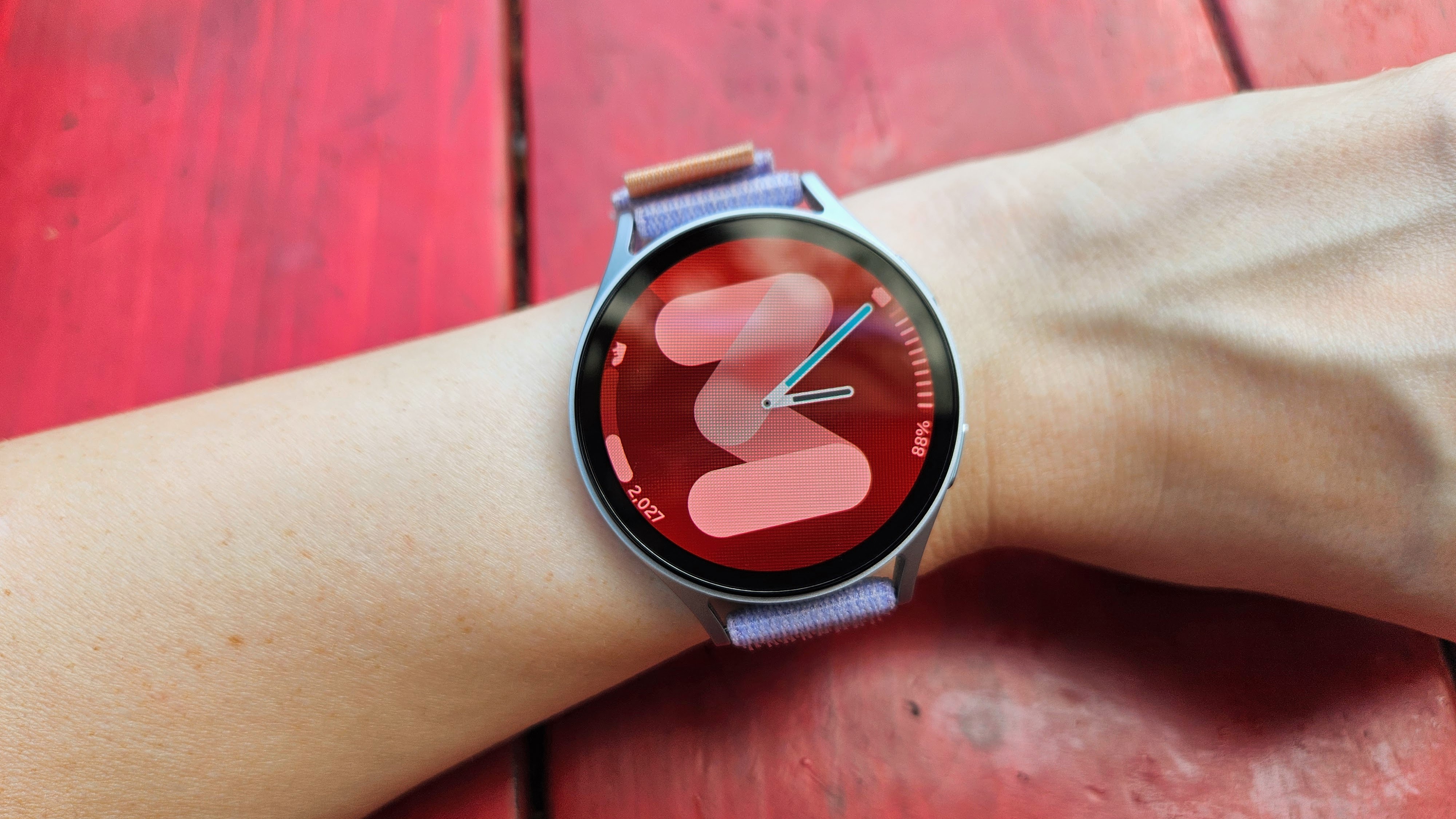







![A rare look inside the TSMC Arizona plant making chips for Apple [Video]](https://i0.wp.com/9to5mac.com/wp-content/uploads/sites/6/2025/05/A-look-inside-the-TSMC-Arizona-plant-making-chips-for-Apple.jpg?resize=1200%2C628&quality=82&strip=all&ssl=1)
















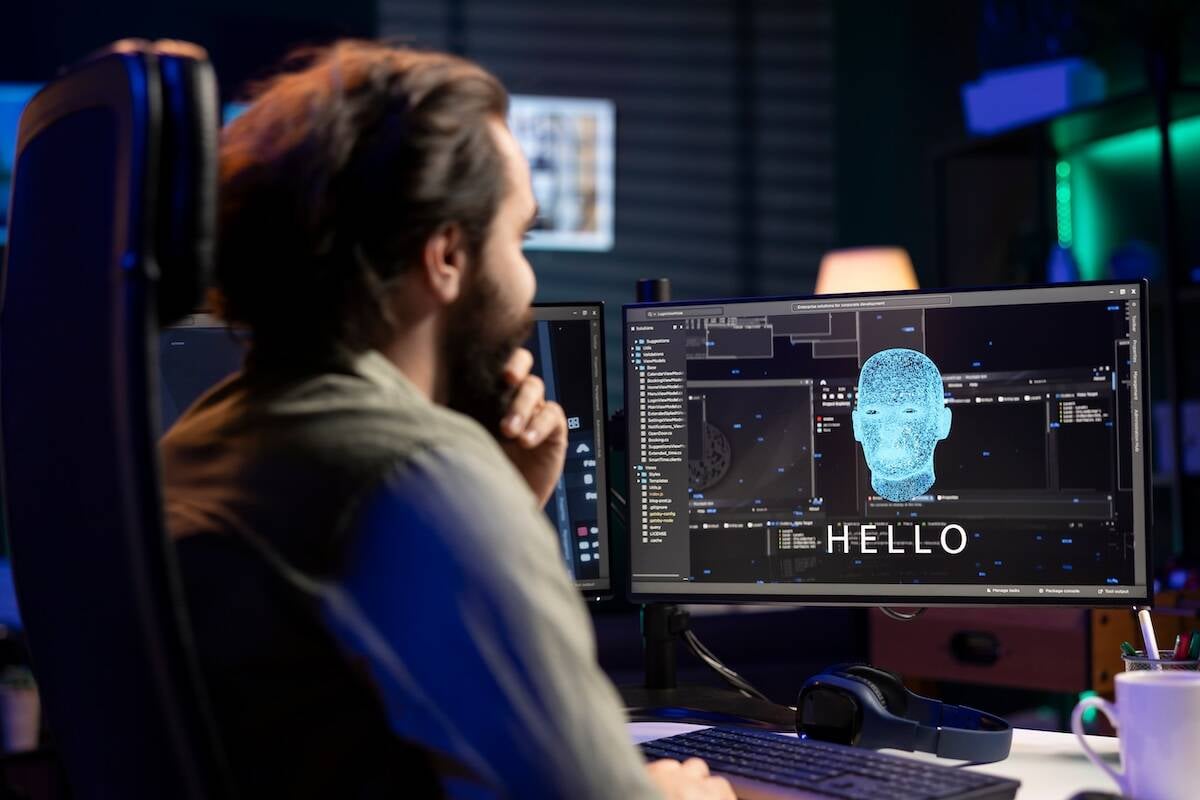
![Why Apple Still Can't Catch Up in AI and What It's Doing About It [Report]](https://www.iclarified.com/images/news/97352/97352/97352-640.jpg)
![Sonos Move 2 On Sale for 25% Off [Deal]](https://www.iclarified.com/images/news/97355/97355/97355-640.jpg)
![Apple May Not Update AirPods Until 2026, Lighter AirPods Max Coming in 2027 [Kuo]](https://www.iclarified.com/images/news/97350/97350/97350-640.jpg)
















